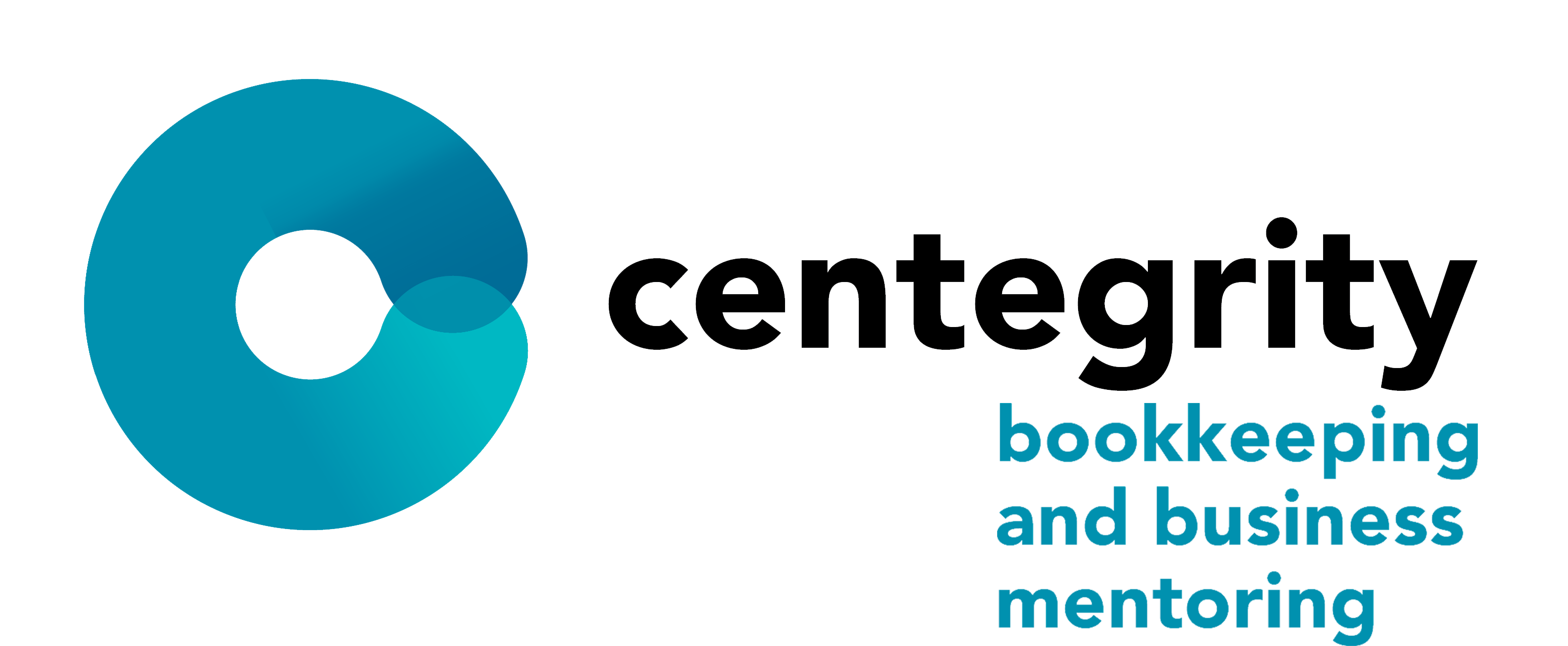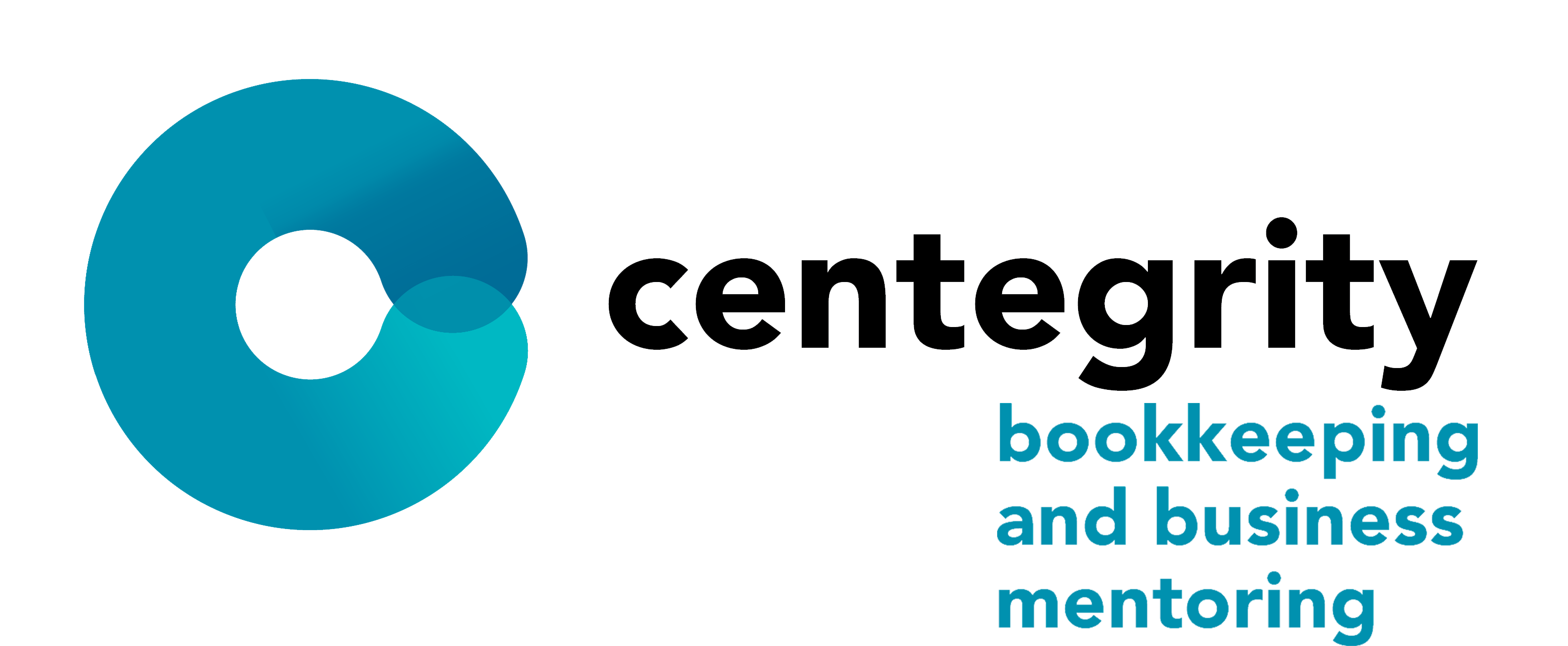Paying the required surcharges on debit card transactions made by your customers is an operational cost that many business owners would love to see disappear.
The good news for Australian businesses is that the Government is also keen to ditch debit card surcharges. In October 2024, plans were announced to ban debit card surcharging from 1 January 2026, subject to a consultation undertaken by the Reserve Bank of Australia (RBA).
The key aims are to lower costs for consumers, in an economy which is increasingly cashless, and to reduce the surcharge costs currently being experienced by smaller consumer-facing businesses that use EFTPOS to take debit card payments.
So, what are the pros and cons of this proposed surcharge ban?
1. Benefits of a ban on debit card surcharges:
Improved customer experience
A ban on surcharges may lead to a more positive customer experience, with your customers no longer being surprised by additional costs at the checkout. This could lead to a more transparent buying experience.
Simplified pricing
Without surcharges, you can present a simpler, more open pricing structure to your customers. If the price is $10, that’s what the customer pays. This reduces confusion and means that customers pay the price they were expecting.
Reduced administrative costs for you
With the debit surcharge removed, you no longer need to add that percentage charge to the customer, and pay it to your bank or service provider. In short, the expense of taking card payments will disappear.
2. Potential negatives of a ban on debit card surcharges:
Those plus points all sound highly engaging, and could help to simplify the buying process for both you, your staff and your customers. But there is a potential downside:
Who will absorb the administrative costs?
The Government’s plan is for both consumers and businesses to have that extra surcharge cost removed. But there is likely to still be an administrative cost to the bank and EFTPOS provider. This cost could be passed on to the business user in the form of other inflated bank charges.
So, will the surcharge cost simply be pushed back to the business owner? Or will the Government put measures in place to stop this? Treasurer, Jim Chalmers is quoted as saying:
“Consumers shouldn’t be punished for using cards or digital payments, and at the same time, small businesses shouldn’t have to pay hefty fees just to get paid themselves.
We’re prepared to ban debit card surcharges, subject to further work by the Reserve Bank and safeguards to ensure small businesses and consumers can both benefit from lower costs.”
Further feedback from the RBA consultation and comment from the business community will be needed before this surcharge ban becomes effective in 2026.
If you are looking for a Xero Bookkeeper in Melbourne, Centegrity offers Xero Bookkeeping services as well as Business Mentoring to help grow your business without being Key Person Dependant. No matter what bookkeeping solution you need, we can help. Contact us or fill in the form below to get started.

